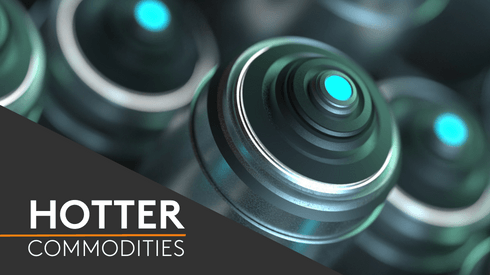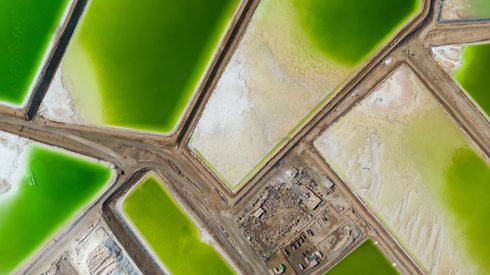The projects in the counties of Cornwall and County Durham were expected to support part of the UK’s forecast annual requirement for 80,000 tonnes per year of lithium carbonate equivalent (LCE) by 2030 and 135,000 tpy of LCE by 2040.
Richard Morecombe, chairman and founder of Northern Lithium, said that the company was working to deliver “what the UK needs most – a secure, stable and sustainable domestic supply of lithium.”
The collaboration comes with the UK working to shore up its supply chain for the battery raw materials used in electric vehicles (EVs) through the development of domestic sources as well as partnerships with other nations.
The UK unveiled its Critical Minerals Strategy in July 2022 and included lithium as a mineral that it considers highly critical for the country yet with economic vulnerability and supply risk.
According to Fastmarkets’ analysts, lithium has been in a supply-demand deficit for the past two years and was expected to be in a 14,300-tonne deficit in 2023.
All of this comes against a backdrop of an increase in lithium prices, which bottomed-out in 2020 but have risen since, following a revival in demand from the downstream battery sector for EVs.
Jeremy Wrathall, chief executive officer and founder of Cornish Lithium, said that he expected the partnership to materially assist in delivering a domestic supply of lithium to help meet UK forecast demand by 2030.
In March 2022, Cornish Lithium built and commissioned the UK’s first direct lithium extraction (DLE) pilot plant and it has been extracting lithium from geothermal waters in Cornwall, in the southwest of England, where it is based. Northern Lithium’s initial focus, meanwhile, is the geothermal waters of County Durham, in the northeast of England.
The granite rock which underlies both areas contains lithium-rich minerals which have leached into the waters deep below the surface. The lithium concentrations are believed to be potentially commercially viable in both areas.
The collaboration will initially focus on information-sharing and technical assistance, with both parties looking to develop a long-term working partnership while their respective projects develop further.
Read more on supply chain developments in the battery materials market
Keep up to date with supply chain opportunities and challenges in the battery materials market with our supply chain insights.






